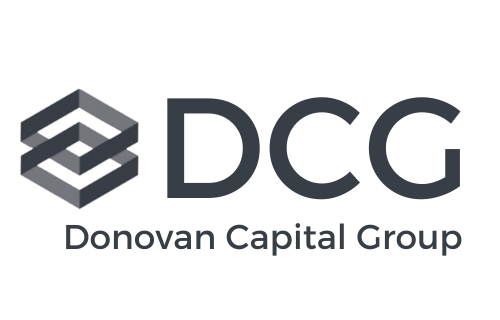In Defense of Mezzanine: Why It's An Attractive Financing Option
By: Andrew Callahan
The choice of how to grow and capitalize your business is an important decision.
Let's say you have a business with a viable product. Your company is growing revenue at a moderate pace, and after accounting for expenses, capital expenditures, and working capital requirements, you have positive cash flow. But you know you need to grow more, either by adding new product lines, through an acquisition, or some other growth opportunity. To do that, you need additional capital.
Your first instinct is to turn to banks. Banks and other traditional lenders offer capital in the form of senior secured debt. These loans carry lower interest rates and are generally the least expensive form of debt available.
However, these loans can be restrictive and usually carry covenants that put your company at risk. Bank debt is generally secured against a company’s hard assets, which could be difficult for certain businesses like services that don’t have equipment, inventory, or other tangible assets.
As a result, the amount your business can borrow is limited – for example, the common requirement for a commercial loan is 80% loan-to-value ratio – which means the amount you can borrow is capped by the value of those assets. If the bank is not meeting your capital needs, it will limit your strategic options. Furthermore, the traditional lender might deem you too risky all-together, leading to under-capitalization and missed opportunities.
On the other hand, equity investors, like venture capital firms (VCs) and growth capital investors, will invest in common equity, preferred shares, and convertible debt securities. Unlike traditional banks, whose relationship with your company will end after the loan is repaid with interest, VCs exchange cash for an equity stake in the company.
One downside of raising equity capital is dilution. By accepting cash for an equity stake in the company, you would own less of your own business. When you dilute your equity ownership, you now must split profits with someone else, generally someone who will seek anywhere between 20 to 35 percent of your company.
It also means you would have less control. Shareholders are owners of the corporation, and as part-owners they have a level of power, and that typically includes board seats or veto rights that allow them to influence and sometimes outright dictate the direction of the company.
So, if taking on traditional bank debt is not feasible, and issuing more equity is unattractive, where do you turn?
Consider mezzanine financing.
Mezzanine financing is the middle ground between senior debt and equity. It offers flexible investment options: it can be structured as preferred stock, as unsecured subordinated debt, or as convertible debt. Mezzanine debt or “mezz debt” can provide the borrower with several benefits; the interest is tax deductible (dividends are not) and can be deferred (through a PIK mechanism) or paid off at the end of the life of the loan, which is rarely an option with other forms of financing.
While mezzanine instruments that are convertible or have warrants attached can have dilutive effects, the resulting dilution is typically less than in a pure equity raise, and only occurs when the equity value of a business increases significantly.
Mezzanine investors not only provide capital, but also add value to your growing company. When choosing capital providers, it is important to partner with an organization that shares your vision.
The ideal capital provider has incentives aligned with yours. By providing the incremental capital your business needs to reach the next chapter in its growth story, a mezzanine capital firm can create value for your business as well as for its own investors.
As there is an optimal capital sponsor, there is also an optimal level of debt in an efficient capital structure. Simply put, your company’s capital structure is comprised of debt and equity. It is important to try and keep the cost of debt and the cost of equity as low as possible when financing your business’s operations. Having mezzanine debt in your capital structure lowers the cost of capital by reducing risk, providing a tax-shield on the interest, and allowing for more favorable payback terms; thereby increasing the return on equity up to a point.
If you’re growing a business and need capital to expand with a new product, an acquisition, or some other growth possibility, and you don’t want to dilute your ownership of the company: consider mezzanine financing.
Andrew W. Callahan is a Summer MBA Fellow at Donovan Capital Group (“DCG”), an investment firm that makes non-control structured equity and mezzanine debt investments in profitable, lower middle-market companies that work with (or desire to work with) the U.S. Department of Defense or Intelligence Community. The DCG team’s management expertise in the government sector and financial industry makes them the ideal strategic ally for small businesses doing business in the National Security space. DCG is a designated Trusted Capital Partner of the Department of Defense.
For more information, please visit www.donovan-capital.com or email: info@donovan-capital.com.

